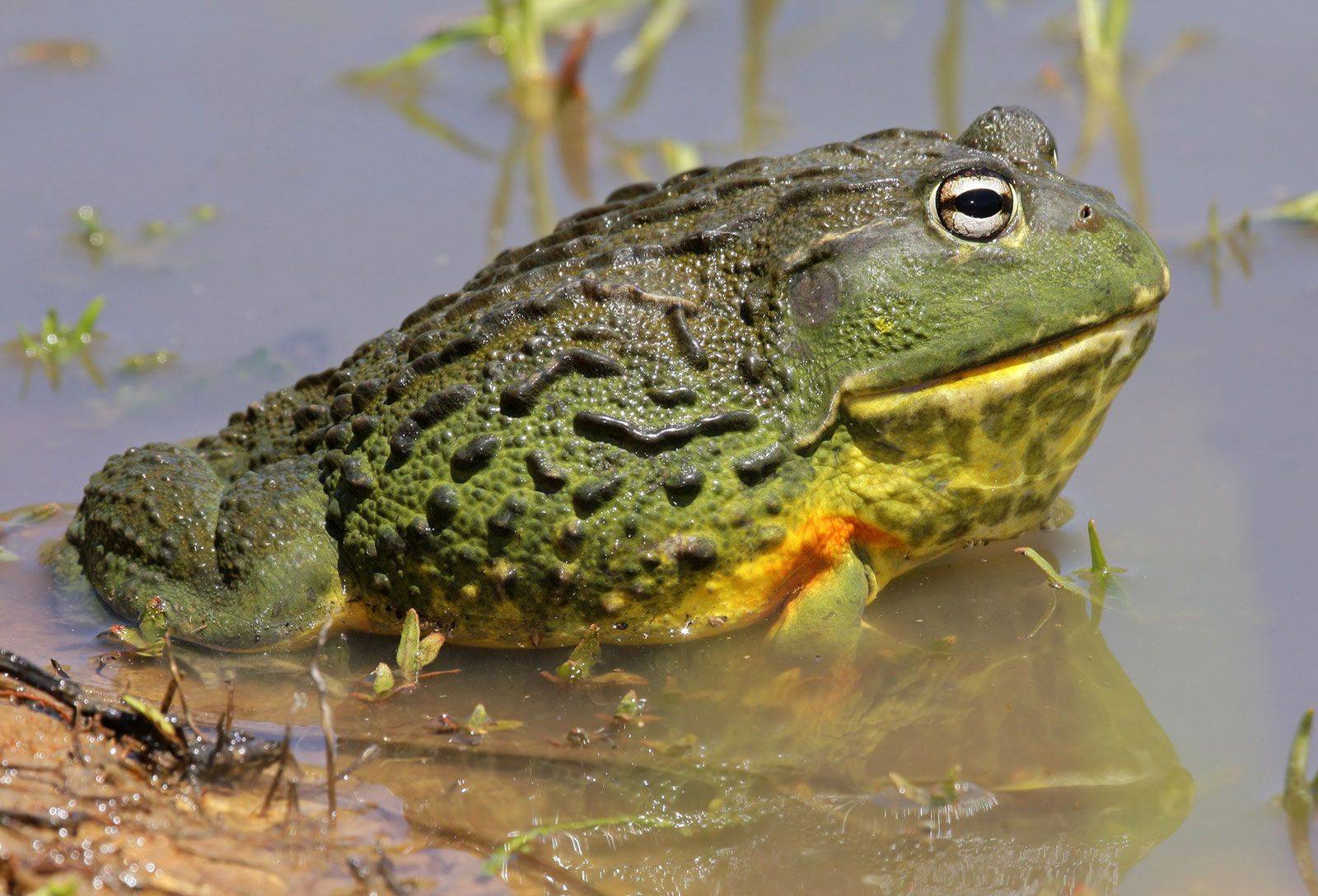The world is full of mysterious happenings taking place from time to time. We hear of incredible things like a baby born with a wooden leg, a woman given birth to a pig, plants consuming insects instead of the normal way of insects feeding on plants and the list could go on and on.
This time we've got you covered on 6 animals that do not sleep as humans do.
1. Deer
Deer sleep in short cycles, lasting for about 30 minutes. In order for these animals to maintain a semi-alert state, they reduce sleep in the presence of their predators, and they can keep their eyes open and their ears raised while sleeping. Deer can wake up instantly at the slightest disturbance, making it nearly impossible for predators to sneak up on them.
2. Dolphins
Dolphins, marine mammals, practice unihemispheric slow-wave sleep, a process where one side of the brain sleeps while the other stays awake.
Dolphins only close one eye when they sleep; the left eye will be closed when the right half of the brain sleeps, and vice versa.
This adaptation helps them to stay somewhat awake to grasp for air and remain alert for predators while resting. In shallow water, dolphins sometimes sleep on the seabed rising regularly to the surface to breath.
3. Sharks
Sharks also practice unihemispheric slow-wave sleep just like dolphins.
Sharks must keep swimming to ensure that water flows over their gills for respiration.
Certain shark species like the great white sharks, must keep moving to stay oxygenated, and don't sleep traditionally. Instead, they have brief rest periods but remain alert to potential threats.
4. Ants
Ant, not all but some ant species, for example the Pogonomyrmex, have very short sleep cycles. These ants take short naps throughout the day and night. They work for long periods, ensuring the colony's activities go on smoothly but the queens of this species take quick dozes.
5. Bullfrogs
Bullfrogs cannot be excluded from this list in that they have got an impressive capacity to go months without dosing.
Scientific studies done on these amphibians show that they do not undergo a deep, continuous sleep like mammals. Instead, they experience a resting state characterized by periods of reduced activity for energy conservation sakes.
6.Elephants
Elephants rest about two to three hours a day, as they are always on the move. They often sleep standing up and rely on brief periods of rest. Their sleep patterns are adapted to support their social structures and constant search for food.




No comments yet
Be the first to share your thoughts!